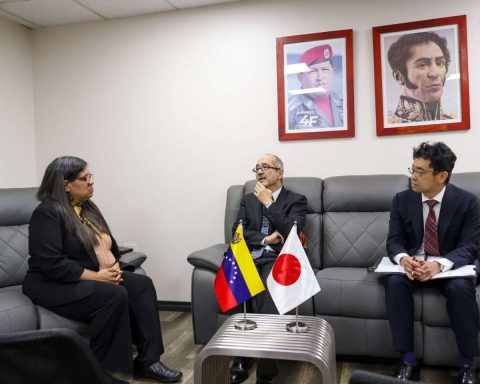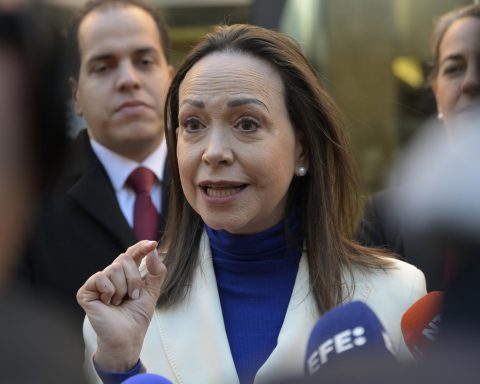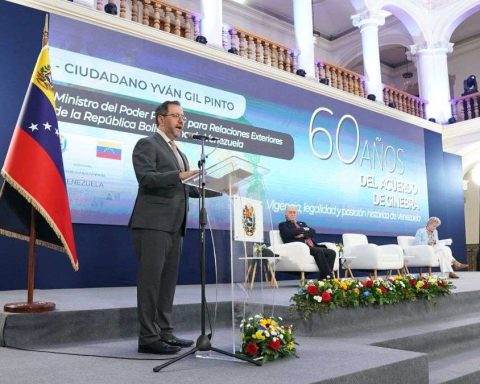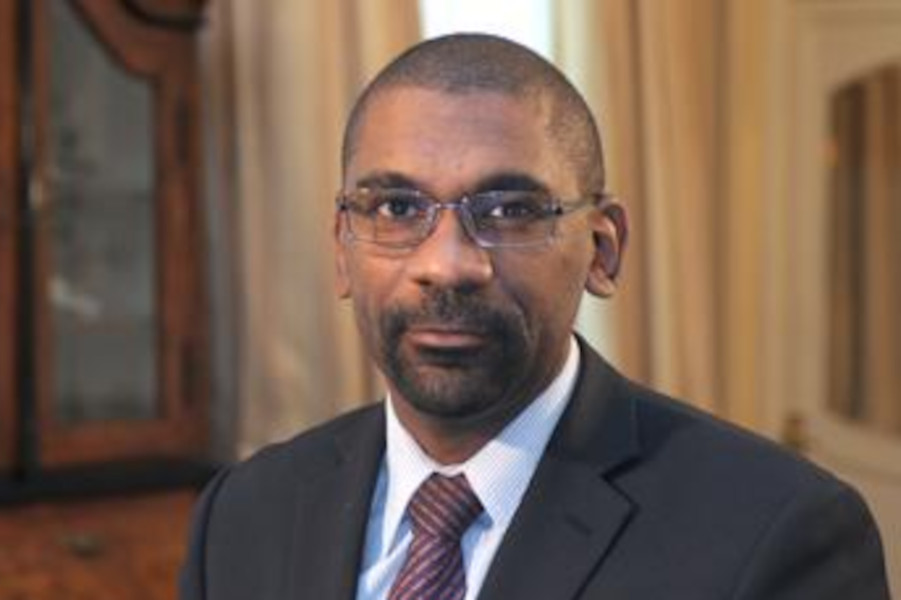The polarization of the cinema platform in the country has caused great damage to the industry and its filmmakers. Many of them hope that after the change in the board of directors of the National Autonomous Cinematography Center, the production of Venezuelan films will improve.
On the 126th anniversary of the National Cinema, Venezuelan filmmakers and other artistic personalities met on Saturday, February 4, at La Casona Cultural “Aquiles Nazoa”, in Caracas, to celebrate this commemoration and discuss the future of the seventh art in a country like ours, with so many difficulties, mostly budgetary, for the development of new tapes.
Carlos Azpúrua, president of the National Autonomous Cinematography Center (CNAC), the governing body for film and audiovisual media platforms in Venezuela, thanked the film industry workers who attended the event and recognized the effort they have made to stay active.
He urged to continue creating cultural products because “the future is one of dialogue and understanding, to make our film industry grow with respect and democracy” and he also celebrated the “reactivation indicators” of the sector, whose contraction is evident in its figures.
The celebration — organized by the CNAC, the Villa del Cine Foundation, the National Film Distributor Amazonia Films and the National Cinematheque Foundation — was attended by around 500 people who were able to enjoy the screening of films with a Venezuelan label such as Monday or Tuesday never Sunday”, which was awarded as best film at the 35th Trieste Latin American Festival and will arrive this month in movie theaters throughout the country.
Although there is talk of a “recovery” of the cinema, it must also be remembered from its decadence. During 2019, before the pandemic, movie theaters maintained an average of 11 million viewers per year, practically a third of what they reached in 2015, when an estimated 30 million seats were occupied per year.
In SuchWhich, We have already discussed what the development of the industry has been in post-covid times and what is expected to be achieved after new changes in the CNAC directive.
In an interview with the filmmaker Sergio Monsalve, for example, the polarization of the cinema platform in the country and the damage it caused to filmmakers was addressed. In the middle of last year he said that, with Carlos Azpúrua in charge of the organization, it was expected that the necessary corrective measures would be taken in this regard.
«After going through a time when there were limitations with certain topics. Also, it seems, is the willingness to pay the money owed in ibermediaThis has truncated sources of investment and income for national filmmakers who want to produce, and there is once again a greater presence of CNAC in different spaces, with a spokesperson who wants to build bridges and weave networks,” he said.
Post Views: 201

















